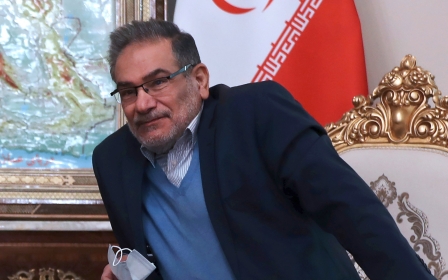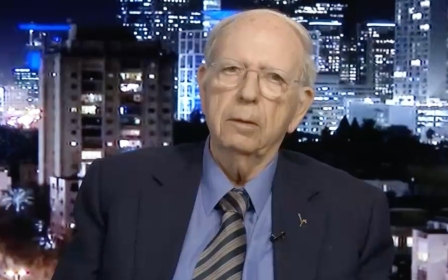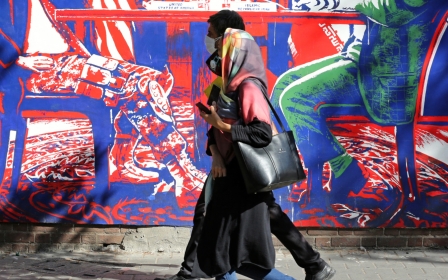Iranian President Raisi welcomes invite from Saudi king following detente
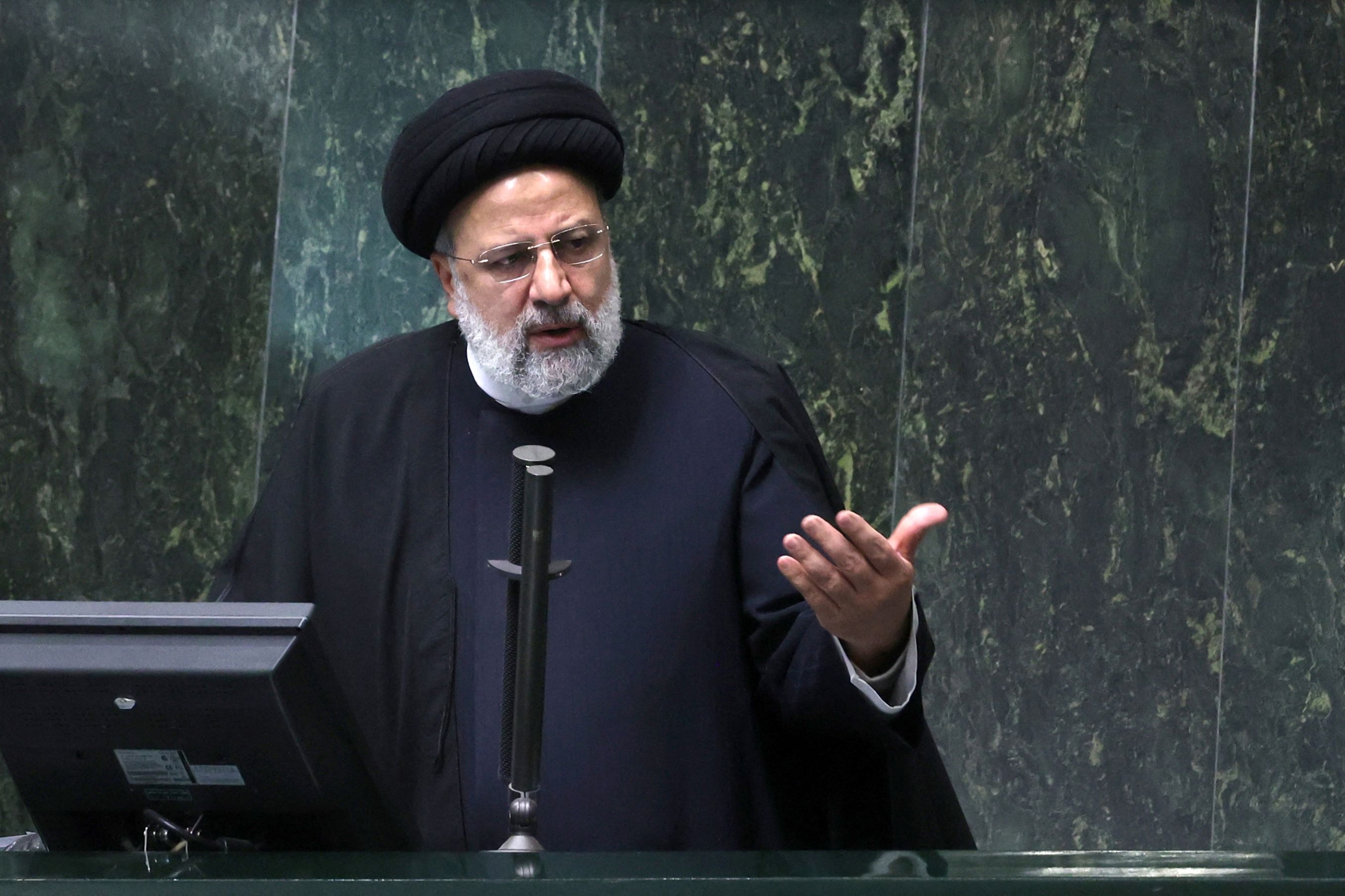
Saudi Arabia's ruler King Salman has invited Iranian President Ebrahim Raisi to visit the kingdom, a move that was welcomed by the latter after years of hostility between the two countries.
The invitation comes just over a week after the two countries announced they were restoring ties, seven years after they were severed in the wake of the torching of the Saudi embassy in Iran.
"In a letter to President Raisi... the King of Saudi Arabia welcomed the deal between the two brotherly countries (and) invited him to Riyadh," tweeted Mohammad Jamshidi, the Iranian president's deputy chief of staff for political affairs, adding that "Raisi welcomed the invitation".
Riyadh cut relations after Iranian protesters attacked Saudi diplomatic missions in 2016 following the Saudi execution of Shia cleric Nimr al-Nimr - just one in a series of flashpoints between the two longstanding regional rivals.
The deal is expected to see Iran and Saudi Arabia reopen their embassies and missions within two months and implement security and economic cooperation deals signed more than 20 years ago.
New MEE newsletter: Jerusalem Dispatch
Sign up to get the latest insights and analysis on Israel-Palestine, alongside Turkey Unpacked and other MEE newsletters
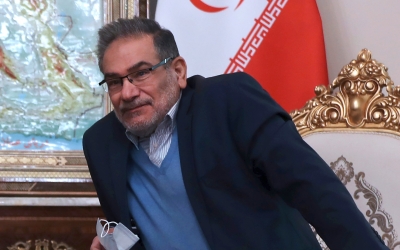
Iranian Foreign Minister Hossein Amir-Abdollahian told reporters on Sunday that the two countries had agreed to hold a meeting between their top diplomats.
He added that three locations for the talks had been suggested, without specifying which.
The detente between Saudi Arabia, the world's biggest oil exporter, and Iran, strongly at odds with Western governments over its nuclear activities, has the potential to reshape relations across a region characterised by turbulence for decades.
Iran and Saudi Arabia support rival sides in several conflict zones including Yemen, where the Houthi rebels are backed by Tehran, and Riyadh leads a military coalition supporting the government.
The two sides also vie for influence in Syria, Lebanon and Iraq.
A number of Gulf countries followed Riyadh's action in 2016 and scaled back ties with Tehran, though the United Arab Emirates and Kuwait recently restored ties.
Iran said last week it would welcome restoring ties with Bahrain following the deal with Saudi Arabia.
In the past, Bahrain accused Iran of having trained and backed a Shia-led uprising in the Sunni-ruled kingdom in order to topple the Manama government. Tehran denies this.
In September, Iran welcomed an Emirati ambassador after a six-year absence, and a month earlier it said Kuwait had sent its first ambassador to Tehran since 2016.
Iran's top security official Ali Shamkhani also held talks with Emirati President Mohamed bin Zayed Al Nahyan in Abu Dhabi on Thursday in yet another sign of the shifting relations in the region.
Middle East Eye delivers independent and unrivalled coverage and analysis of the Middle East, North Africa and beyond. To learn more about republishing this content and the associated fees, please fill out this form. More about MEE can be found here.


